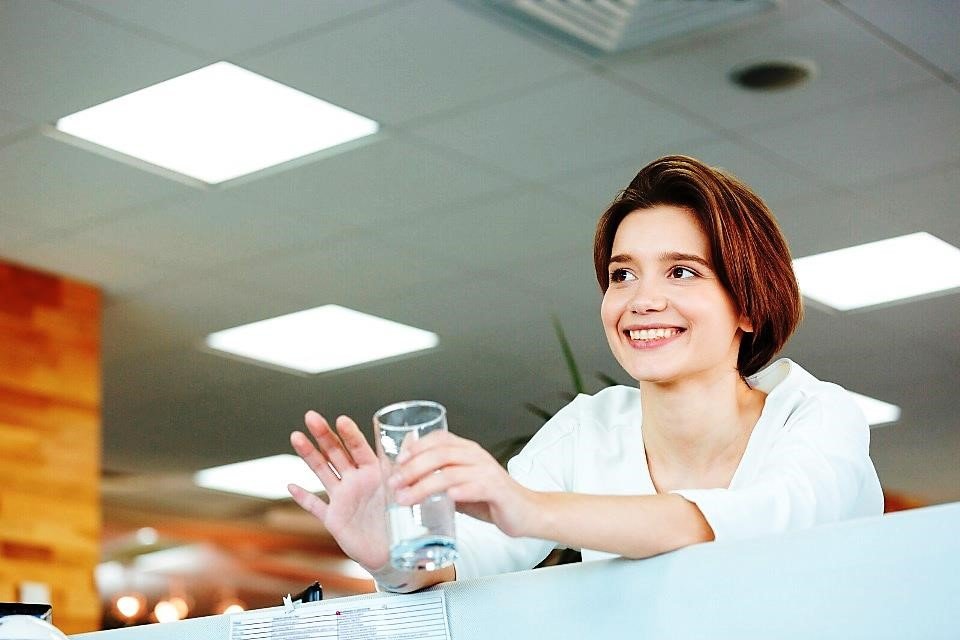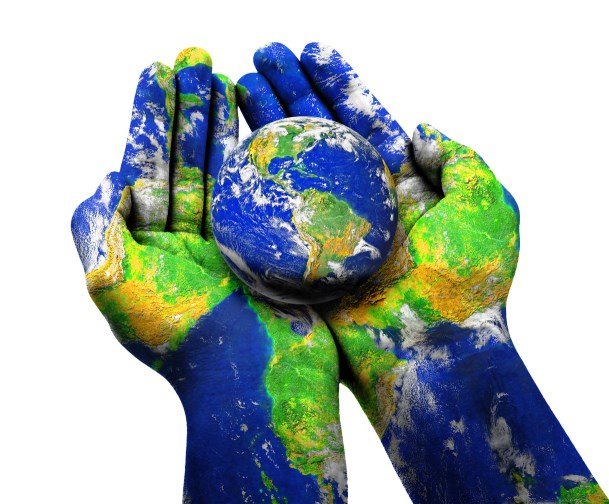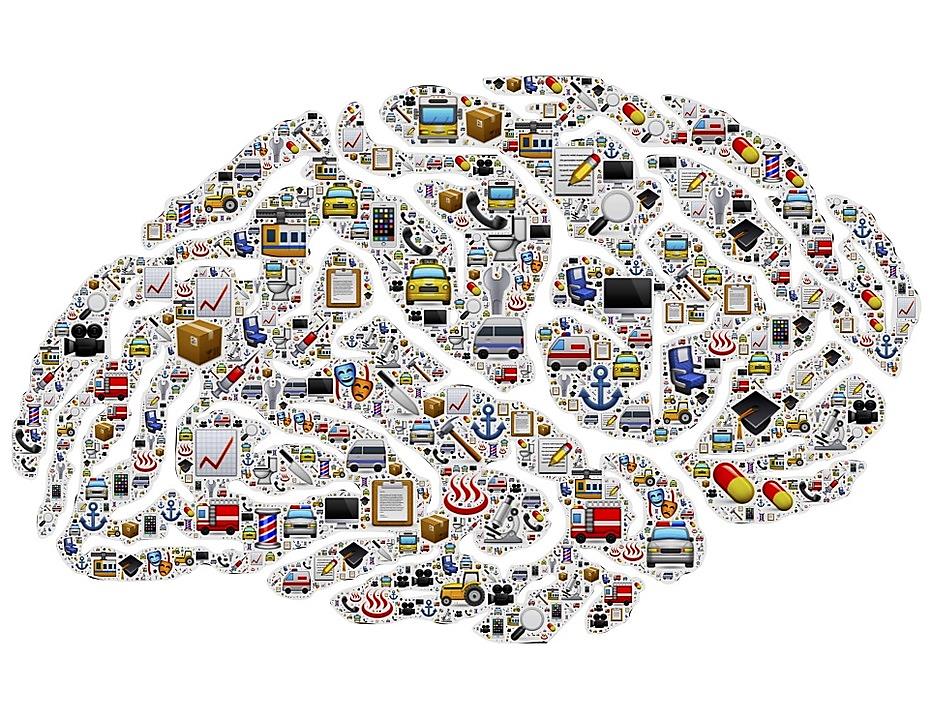
by Fern Shaw | Mar 19, 2020 | Water, water cooler
If you’re used to the buzz and busy of the office, school or workspace, adjusting to working from home can take some getting used to. Here are a few practical tips guaranteed to keep the productivity up and you on track:
Tidy up your home – you wouldn’t work in an untidy environment elsewhere so it should be the same at home.
Don’t work from your bed on your laptop. That route is a guaranteed non-starter.
Dress as if you’re off to work. No pj’s at your desk.
Create a defined workspace, if possible in a separate room and if you aren’t home alone, close the door.
Get up as early as you would have if you were still commuting to work. Use that commute time (unless you’re under quarantine) to go for a walk. The exercise and fresh air will contribute to your feeling of well-being and being prepared for the day ahead.
If you have pets that enjoy walks, walk them – they will benefit from the exercise as much as you will.
Invest in a decent chair (or borrow yours from the office if permitted).
If your type of work allows and/or your family/children are home, wear headphones.
Make sure your family and friends understand you are working, so no popping in during working hours.
Don’t snack at your ‘desk’. Eat proper meals at designated times away from your work area.
As always, maintain good hydration habits. Although you may not have the convenience of water cooler breaks at home, make sure that you replenish your water as often as you would at work. Good hydration habits can only contribute to your health and well-being.
Set a schedule and stick to it.
Unless you work in social media, stay off it. That said, there’s no harm in creating an online work community so you are all still connected.
Do not switch on the telly. I repeat, do not switch on the telly.

by Fern Shaw | Mar 10, 2020 | water boiler, water cooler
Now that March has arrived, it would be nice to believe that spring isn’t too far off (and it isn’t that far as the new season arrives officially on the 20th of March).
As we Britons are used to radical weather patterns whatever the season, it’s no surprise that the topic remains at the forefront of our communication. Whether (ha) we’re topping up our water at the water cooler station at work i.e. chatting to colleagues (not the water cooler, although should you wish to, please, feel free – even a water cooler can benefit from some attention) or chatting with family or friends or indeed, speaking to strangers.
Irrespective of our opinion about the topic of the weather, there is no denying it has a huge impact on our behavioural patterns; moods; what we eat; our travel patterns; what we wear and what we drink.
Although we may not think about how different our drinking water patterns are depending on our environment, they very much are. When it’s warmer we tend to exert ourselves more and are always on the lookout for the perfectly chilled water, while come the colder months there’s nothing better than a piping hot drink to stave off the chill. This usually means you are more likely to be on the lookout for a hot water boiler that can dispense a constant supply of hot water throughout the day.
If you’re prone to drink more water when it’s warm and less when it’s cold – a gentle reminder that you’re just as likely to become dehydrated in winter as you are in summer, so remember, whatever the weather, make sure to have AquAid address all your hot & cold water cooler requirements. We are always happy to help.

by Fern Shaw | Feb 25, 2020 | water cooler
While the weather seems determined to keep our pursuits indoors for the foreseeable future, it may be time to refresh suitable topics of conversation to chat about while you’re on a break out at your water cooler station with your colleagues.
Tech: comparing notes about the latest upgrade of your mobile – the eternal question, iPhone or Android – acceptable. A 20-minute stand-off insisting that your brand of tech is better than that of your colleague’s – less acceptable. Plus, raising your blood pressure when you’re supposed to be upping your hydration levels is counter-intuitive.
Architecture: Always a good option. Irrespective of the periods: from the majesty of St. Pauls or the stalwart croft dwellings of the Outer Hebrides, architecture is always a good reminder of how nation building is achieved.
Health & Fitness: Can be tricky, especially if a person is prone to boasting about their weight-lifting prowess or how their bodies were made for Aerial Fabrics however, it can also introduce a more sedentary colleague to a new form of exercise that they may not previously have considered.
International sporting events: Only if you are all rooting for Team GB or any competitor representing the UK.
Media: Again, potentially iffy. Whereas you and a few stalwarts may find it fascinating to give minute by minute examples of why the last season of Game of Thrones was so awful, this may not appeal to everyone and there will be (unbelievably) many who have no idea about the series …’Winter is what?’ Try keeping it more inclusionary – ‘Garden Rescue’ or ‘The Great British Bake Off’ are usually safe bets.
Now that you’ve hit topic refresh on your refresh your drinking water intake time, why not make a beeline to your office water cooler and try out a new topic of discussion about any of the above? At worst you will be upping your hydration levels and at best increasing your knowledge and exercising your brain in a most pleasant and engaging manner.

by Fern Shaw | Feb 12, 2020 | water cooler, Water Coolers
There’s no doubt the day can instil an equal amount of horror and dread in many, so for Valentine’s this year, we have come up with an (almost) fool-proof plan that will not only be kind to your pocket but will also make your intended view you in a more rosy coloured light.
What is this trickery you may well ask? What cunning plan is percolating at AquAid?
As with most successful concepts, the trick(ery) is in the simplicity. So, without further ado we present our ‘How to (almost) guarantee a good reaction from your intended romantic target’:
Drink water more.
Before you leave the page in disbelief, allow us to elaborate:
Your skin is an organ. As with all your body’s organs, in order to function at its best, your skin requires water.
Reduce puffiness. Our skin will swell most often because of water retention, usually due to dehydration, where the body retains water to protect itself. Unless you’re aiming for the sympathy vote, puffy does not equate to attractive.
Dry, itchy, flaky skin can indicate a lack of hydration. It’s always good practise to keep our skin washed and clean, but without feeding our skin internally by drinking enough water, it is unlikely that the skin’s appearance will improve.
Reduces sagging skin and wrinkles. Drinking more water helps tighten your skin, as it provides more elasticity and the ability to bounce back from sagging.
Conclusion: when you hydrate properly, your skin plumps up and becomes smoother and brighter.
The final bonus to this amazing plan is how easy it is to action, especially if you have an AquAid Water Cooler installed at your work place.
Include a visit to your water cooler station when you are taking that much needed break.
Replenish your drinking water often.
If straight H2O is a little too much to contemplate, not to worry – your AquAid hot water dispenser will keep you filled to the brim with whatever hot water drink you might fancy.
In addition, in no time at all, you will be smooth skinned, clear-eyed and bursting with good energy – just in time for your intended to take note of how truly gorgeous you are!

by Fern Shaw | Jan 22, 2020 | aquaid, Christian Aid, Uncategorized, water cooler, Water Coolers
Corporate Social Responsibility demonstrates the ‘heart’ of your organisation. It involves understanding your impact on communities and the environment and taking responsibility in meeting or even exceeding the ethical, legal, commercial and public expectations that society has of your business.
AquAid as a company are committed to acting responsibly and most importantly motivating others to make a difference. Sharing the responsibility in the world in which we all operate should be an integral part of your working day. We believe that making a difference is complementary to a commercial success.
An important part of AquAid’s mission is to provide sustainable solutions to poverty and aid in emergency relief where needed. We are able to achieve this via our partnerships with both the AquAid founded Africa Trust as well as through our now 22 year partnership with Christian Aid – and so can you!
By using AquAid as your water cooler supplier you help to bring a positive change and upliftment to many of the world’s neediest families. You will be sharing in the responsibility we have taken on in bringing safe, fresh disease-free water to thousands of communities in need globally, with our focus being across Africa.
When you choose AquAid you will not only be getting a good quality product with an unrivalled service, you will playing an integral part in bringing hope where it is needed most and aid in breaking the cycle of poverty.
AquAid’s Founder, Paul Searle, explains,“The sign of a great partnership is where business, charity and community all work together.”
By involving your employees in this partnership you will not only be inspiring them but also offering a sense of belonging in your organisation. You will be providing your staff with not only a healthy working environment but creating a sense of employee satisfaction and loyalty. Working next to each other creates responsibility and you will be actively developing a policy that promotes a positive and sustainable social contribution. Your CSR decisions will also give your organisation a competitive edge and enhance your credibility.
The simple choice of your water cooler can go a very long way in aiding your company’s Corporate Social Responsibility. By simply switching to AquAid you will be doing your part in changing lives forever.
To date, with the help of our partners, AquAid have donated in excess of £15,000,000 benefitting many thousands of families and communities throughout Africa.

by Fern Shaw | Dec 6, 2019 | Water, water cooler
During some recent research I was quite amazed and impressed with the extensive scope of our brain function. What was even more surprising was how something as simple as increasing our water consumption has a radical and almost instantaneous positive effect on brain function.
So impressed in fact, that I’ve written a small series around the subject, because as we know, knowledge is power and if we’re well informed, we increase our ability to take better care of ourselves.
Here are a number of examples of brain power and how drinking water keeps these operations functioning at capacity:
Memory
- *Every time you recall a memory or have a new thought, you are creating a new connection in your brain.
- Memories triggered by scent have a stronger emotional connection, and therefore appear more intense than other memory triggers.
- While you sleep at night may be the best time for your brain to consolidate all your memories from the day. Lack of sleep may actually hurt your ability to create new memories.
Brain Function
- *Your brain uses twenty percent of the total oxygen in your body.
- If your brain loses blood for eight to ten seconds, you will lose consciousness.
- While awake, your brain generates between ten and twenty three watts of power – or enough energy to power a light bulb.
- The old adage of humans only using ten percent of their brain is not true. Every part of the brain has a known function.
Psychology of Your Brain
- *You can’t tickle yourself because your brain distinguishes between unexpected external touch and your own touch.
- The connection between body and mind is a strong one. One estimate is that between fifty to seventy percent of visits to the doctor for physical ailments are attributed to psychological factors.
A clear case then to encourage you to drink enough water to ensure that your wonderful, hard-working brain continues to be able to carry out its myriad functions at capacity. With this in mind, remember to make regular trips to the water cooler to refill your water container. Your happily hydrated brain will thank you.
*source: from an article at Mercola






